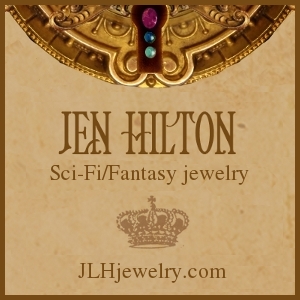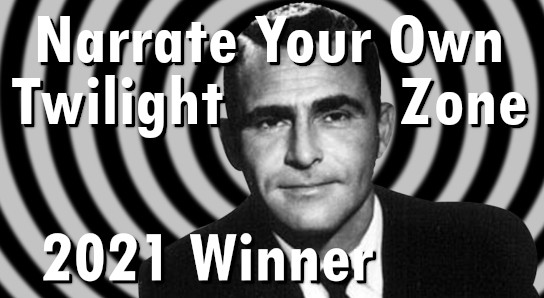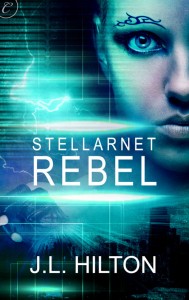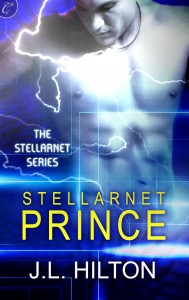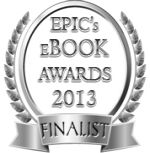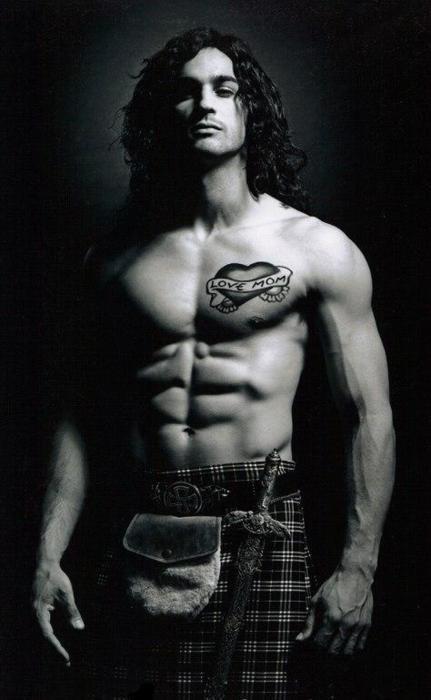 I enjoy a good romance novel. I’m especially fond of anything in a kilt. Yes, Highland Romance is a cheesy genre, peppered with “dinnas” and “aye, lassies.” It typically pairs a sassy heroine who doesn’t fit the time period with a Muscles MacCoolguy hero who’s strong enough to survive death, disease, mortal wounds, time travel and an invading army, yet romantic and sensitive enough to make love like an enchanted elven gigolo on Viagra. And I enjoy every bit of it.
I enjoy a good romance novel. I’m especially fond of anything in a kilt. Yes, Highland Romance is a cheesy genre, peppered with “dinnas” and “aye, lassies.” It typically pairs a sassy heroine who doesn’t fit the time period with a Muscles MacCoolguy hero who’s strong enough to survive death, disease, mortal wounds, time travel and an invading army, yet romantic and sensitive enough to make love like an enchanted elven gigolo on Viagra. And I enjoy every bit of it.
Tropes are tropes because we love them, and I have no quarrel with that. But some clichés bring my enjoyment of romance to a screeching halt.
1) “SLANTING.”
There are two very overused examples: “Sunlight slanted through the window…” and “His mouth slanted over hers…” The first appears so often in fiction of all genres that it should be a drinking game, and the second just doesn’t make any sense. Have you ever in your life said to a friend, “I loved the way my boyfriend slanted his mouth last night”? The author might as well write, “His mouth sloped over hers…” or “He angled his tongue…” There’s got to be a better way to explain what’s happening than to make it sound like a guy can’t properly aim his smootcher.
2) “FISTING.”
As in… “His hand fisted her hair.” Really? Maybe this is a common expression somewhere in the world, but I’ve lived 40+ years all over the U.S. and the only use of “fisting” I’ve ever heard is the hardcore porn kind employed in the uncut version of Caligula. Which REALLY ruins my immersion when I’m reading a romance.
3) CRISIS INTROSPECTION.
“As the bullets whizzed by his head, he wondered how she felt about him. He recalled the way her eyes gazed at him from across the room during the dance and couldn’t remember anyone ever looking at him that way before…” There’s no human being, male or female, who would be “wondering if she could trust the promise in his kiss” or “averting his gaze from her voluptuous breasts and the half-lidded suggestion in her eyes” when they’re near death or in some terribly desperate situation. Desperate moments might evoke desperate declarations, but spare me the navel gazing and pages of pondering — and the sex scenes — until a lull in the action.
4) DITHERING.
I can’t relate to adult characters who spend all their time worrying, speculating, doubting and daydreaming like 15-year-olds. There are certainly times for reflection and inner turmoil. But these work well if supported by actions and external events. If the entire “plot” of a romance novel is nothing but chapter after chapter of his unexpressed confusion, alternating with chapters of her endless mental waffling, no thanks.
5) STUPIDITY.
I once read a historic romance about a worldly knight who’d fought battles and wooed women all over Europe. But for the duration of the novel, he suddenly couldn’t understand body language, sexual attraction, emotion, politics, female anatomy, social status or the function of his own junk. He went on and on in the vein of “I just don’t know why she kissed me or why my body responded…”
Dude, seriously?
~ J.L. Hilton
Connect, support, comment or contact the author here

